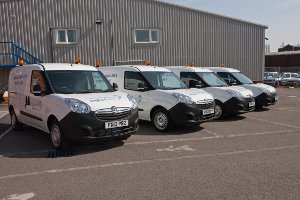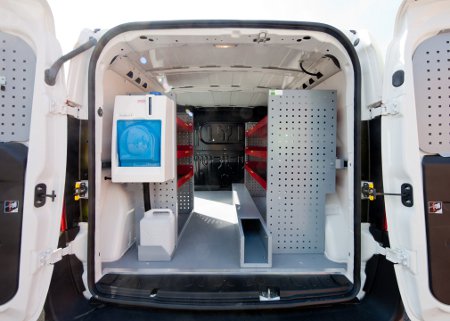
Volkswagen Frugal Fleets infographic - click to enlarge
Fuel bills are one of the biggest costs faced by van operators — and with diesel looking stuck around the £1.35 – £1.40 range (at least where I live), that isn’t going to change anytime soon.
Despite this, there are several things van operators can do to reduce their fuel bills by a significant amount — but new research by Volkswagen suggests that many van operators aren’t doing this and could cut their fuel bills by 45%!
Pull the other one!
I’m not kidding. Simple things make a big difference and the changes Volkswagen suggests fall into two categories.
Telematics & Route Planning
Drivers traditionally complain about satellite tracking, telematics and being told which route to take, but the reality is that all of these things save money. Not all drivers have the skills or inclination to do these things for themselves — and route planning for a big fleet needs centralised coordination to maximise efficiency.
Computerised route planning, satellite navigation to avoid traffic bottlenecks and telematics to record and report excessive idling, harsh acceleration and braking and other bad driving techniques will all result in a reduction in fuel costs.
Volkswagen’s research, which was conducted by commercial vehicle independent consultant Robin Dickson, found that using telematics could cut fuel consumption for a 400 vehicle fleet by as much as 35%.
Telematics are becoming much more common in large HGV fleets, but according to VW’s research, van fleets are lagging behind:
- 80% of van drivers surveyed say that they do not have telematics fitted to their vans.
- 58% of fleet owners say they have not considered planning efficient routes for drivers
- 25% of drivers say they feel their routes are inefficient
- Only 23% of drivers have their routes planned for them
Driver Training
The other element to maximising fuel efficiency is driver training. Volkswagen has identified three elements that if corrected can reduce fuel consumption by as much as 15%. Certainly, I know from my own experience that increasing or decreasing fuel consumption by 10% is pretty easy.
Here are the three factors highlighted by Volkswagen (my comment in italics):
- Acceleration: Smooth, moderate and looking ahead – don’t accelerate to join the back of a queue
- Cornering: Aim for smooth, controlled cornering at manageable speeds. As you approach a corner, lift off the accelerator before you start braking; this saves a noticeable amount of fuel.
- Braking: Excessive braking and acceleration wastes fuel because you are constantly burning fuel to speed up, only to slow straight down again. Look further ahead when driving to spot slowing traffic — if you see it, just lift off the accelerator and let your speed come down without touching the brakes.
Volksagen says that despite the proven benefits of driver training, just 18% of drivers have received training to improve their safety and efficiency.
I suspect that part of the problem is that vans can normally be driven on car driving licences — so van drivers have never had any formal driver training, except the basic training required to pass their car tests. The fact that their licences aren’t are not subject to any additional oversight (unlike HGV and PSV licences) probably doesn’t help either.
Whatever the case, the UK’s van fleet operators seem to be missing a trick here. Volkswagen’s 45% figure is perhaps a little optimistic, but I suspect that savings of 15% – 25% could be achieved quite easily in many cases. What’s not to like?
You can download the full Volkswagen fleet white paper, “Evolution of Van: Efficiency and Fleet Operation”, here.


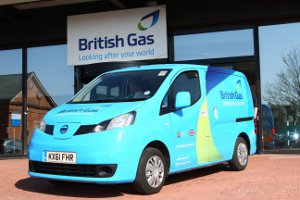
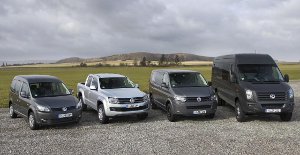
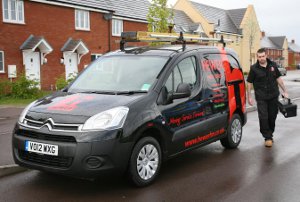
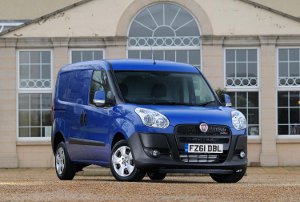
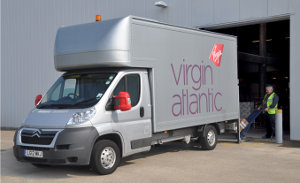 Virgin Atlantic has taken delivery of 45
Virgin Atlantic has taken delivery of 45 